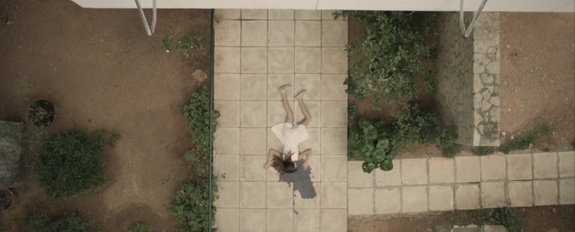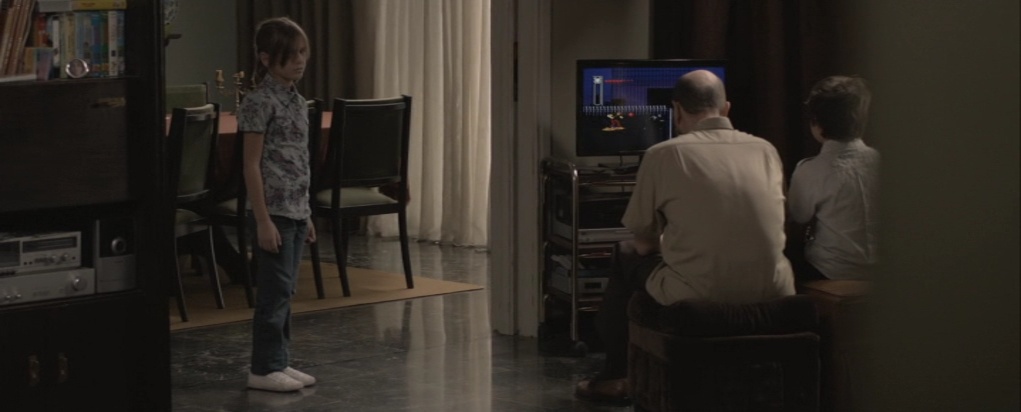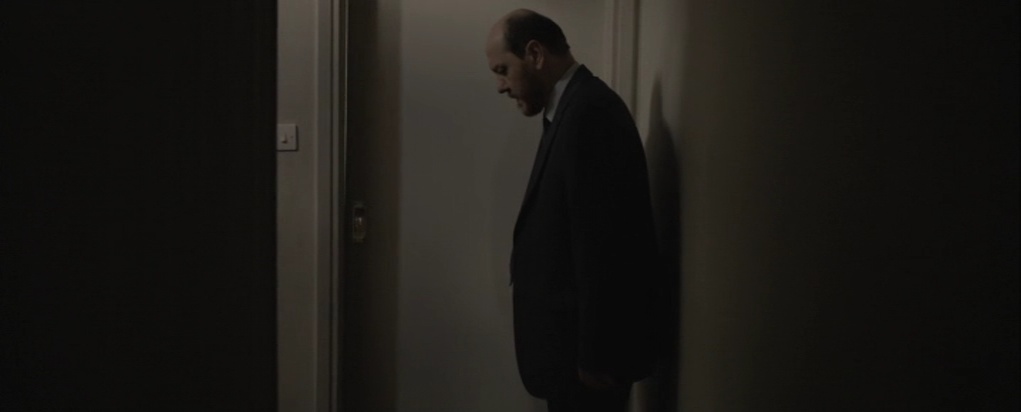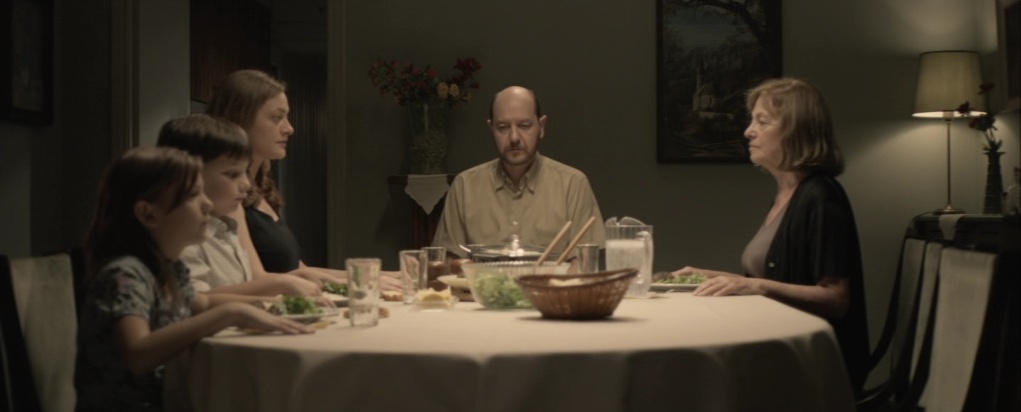 On the day of her birthday party, 11-year-old Angeliki jumps off the balcony of her family's fourth-floor apartment with a smile on her face, killing herself on the concrete below. An investigation begins in an effort to comprehend why such a young girl would kill herself. The family insists that Angeliki's death was a tragic accident, hoping to move on from this tragedy, but the deeper the investigation goes it becomes apparent that unspeakable horror lives underneath the family's placid demeanor. Alexandros Avrana's Miss Violence is the latest film in a remarkable wave of contemporary Greek Cinema dealing with iconoclasm. With a deadpan detachment, Miss Violence presents a seemingly perfect family, slowly revealing a much more dark world of female oppression by the grandfather of the household. Without going into details, this father-figure is one of the most sinister characters committed to celluloid in recent years, specifically due to the calm, detached way he carries out his heinous acts. While this is a film that some are sure to write off as fetishist violence, Miss Violence is actually an interesting allegory about female oppression in society, with the father and mother of the film encapsulating the problems and lack of solutions, at times, which can persist. Miss Violence works so well because it takes its time revealing itself, using grief as a cloak to disguise the greater evil lurking in the family unit. Towards the beginning of the film one finds themselves caring for this father figure, chalking his pro-active, disciplinary methods to the idea that every person has their own way of dealing with tragedy. Regardless of its unconventional approach, Miss Violence is a rally cry in the crusade of violence against woman and female oppression, making it another film to add to the list of impressive films coming out of contemporary Greek cinema.
0 Comments
Leave a Reply. |
AuthorLove of all things cinema brought me here. Archives
June 2023
|



 RSS Feed
RSS Feed
